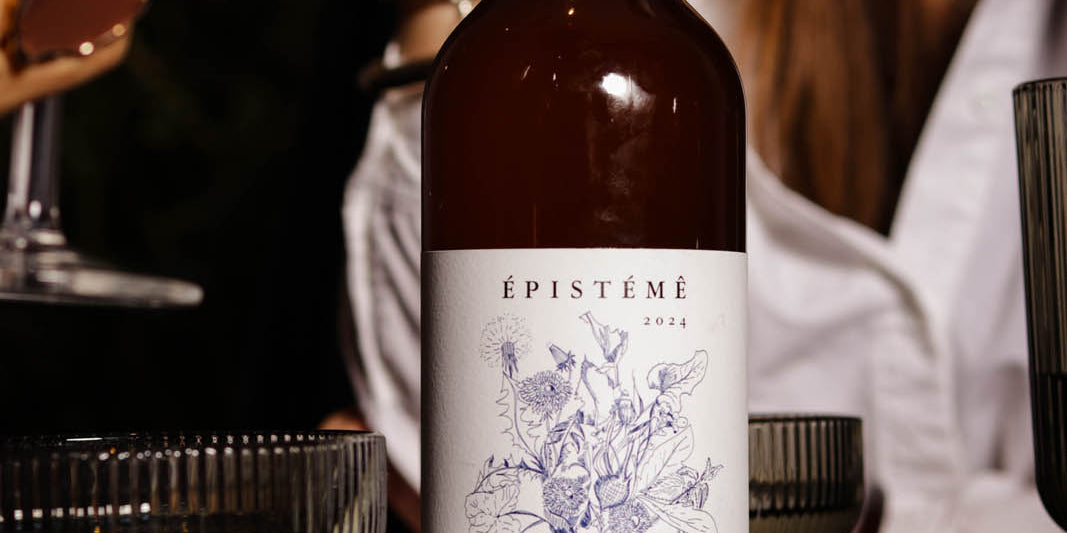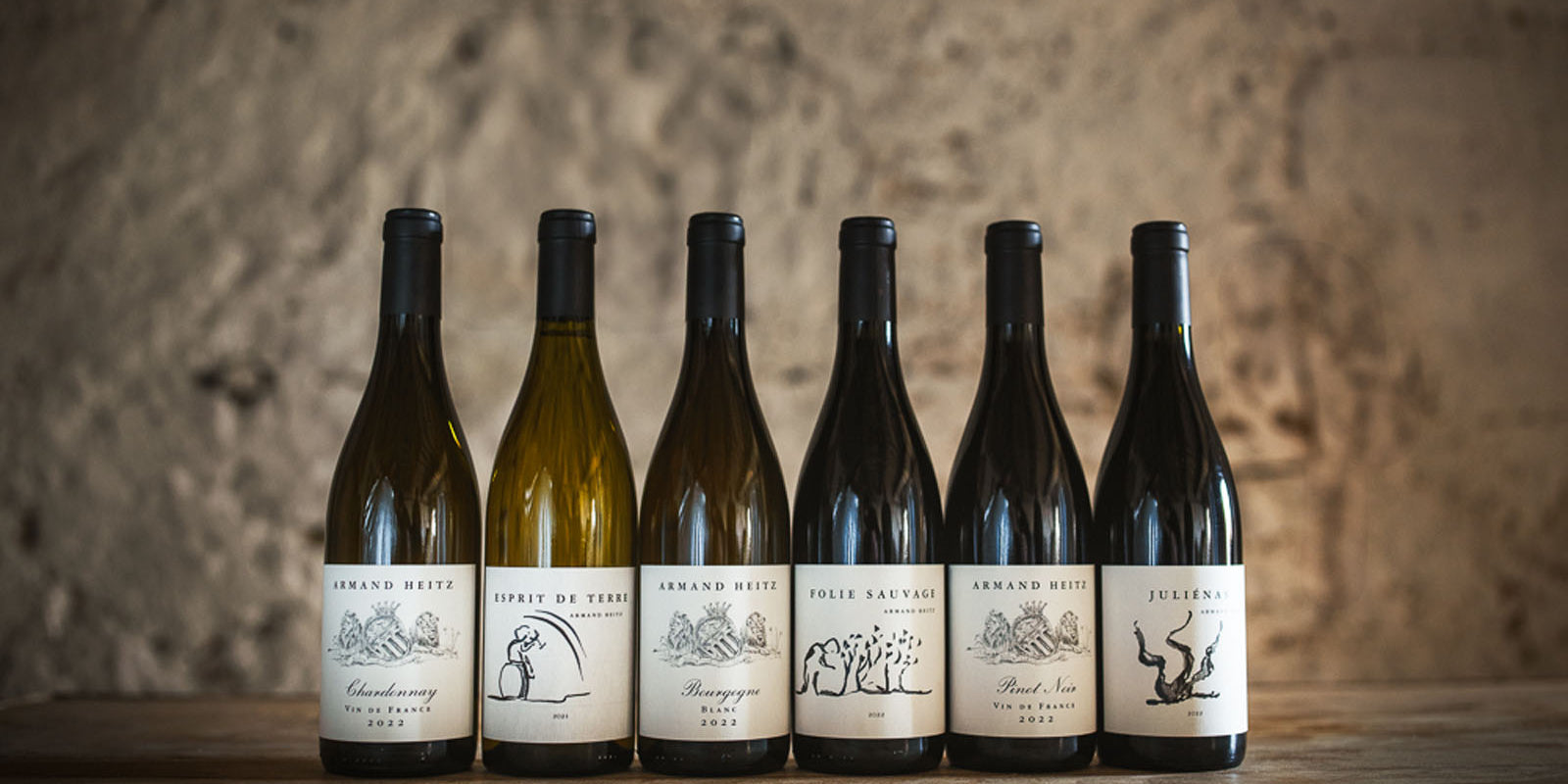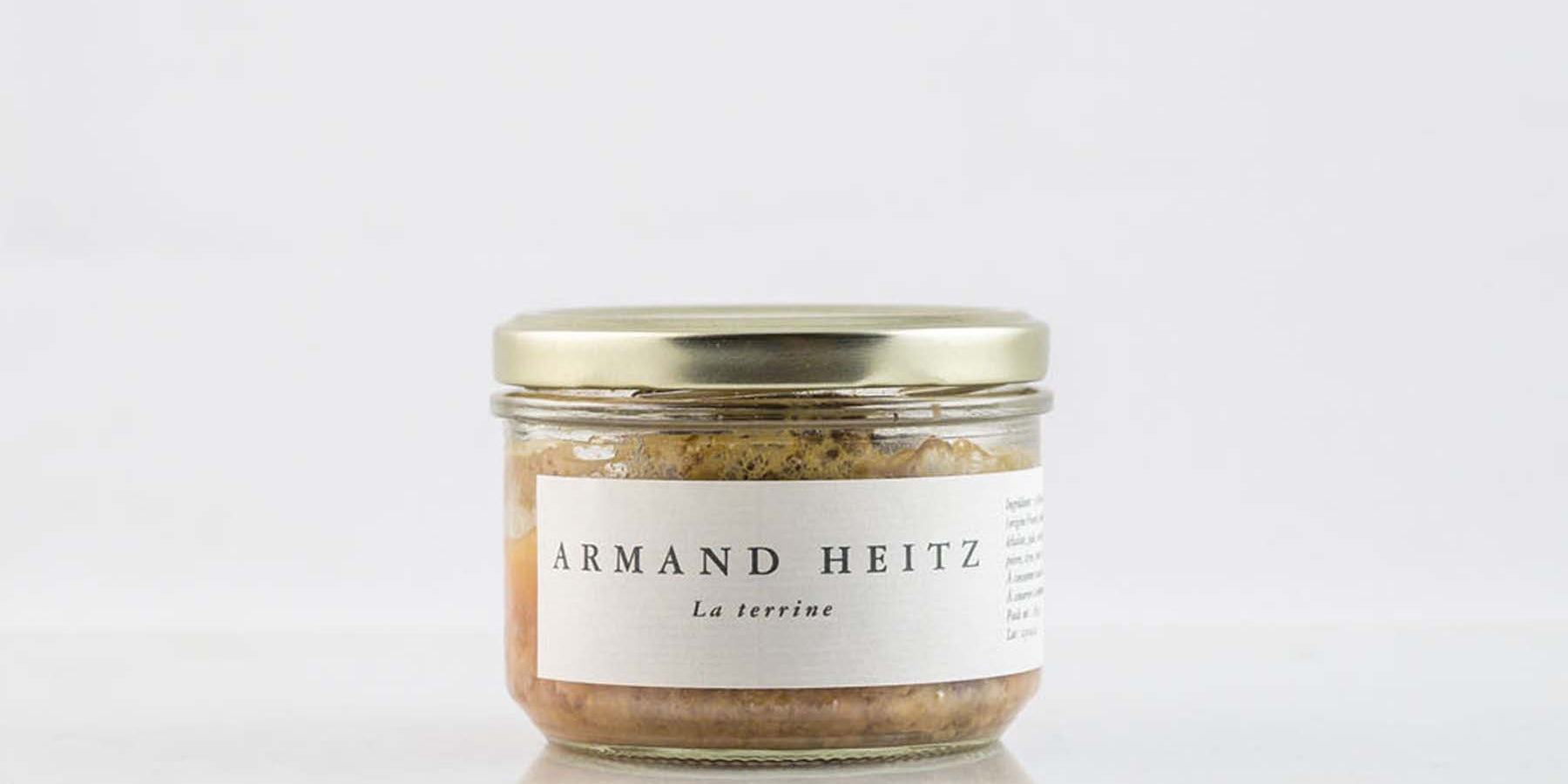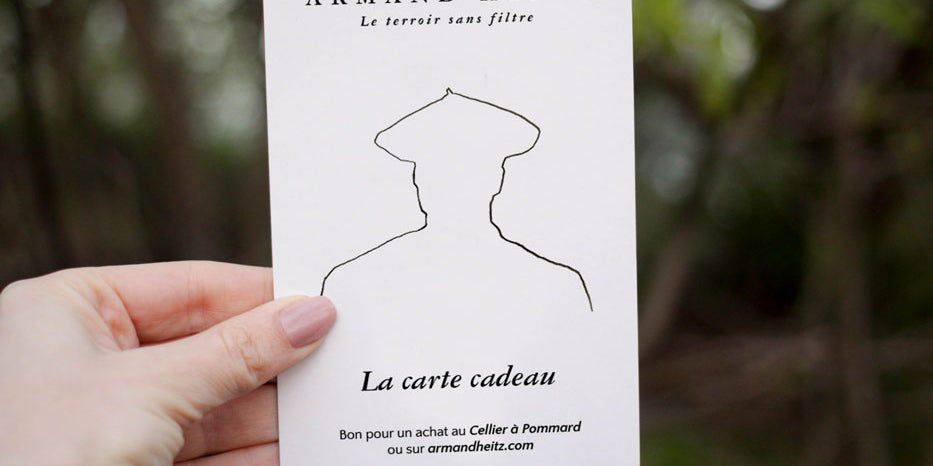I am regularly contacted by students who are interested in the agricultural and wine world. The estate's project arouses their curiosity and I am very honored. Although my days are busy, I always try to find a moment to respond to them and chat with them. Its important to me.
Luisa Caldas, a Master's student at the University of Saint Andrews (the third oldest university in the English-speaking world after Oxford and Cambridge), contacted me at the beginning of June to answer her questions for her dissertation. His research aims to study the attitudes of winegrowers towards innovation. Good reading :)
In your experience in the industry thus far, what do you think has been the most innovative development in the wine industry?
In my opinion, the most innovative development was the Cistercian monks' work on classifying the Climats de Bourgogne. Since then, there has been no more powerful innovation.

In your opinion, what does innovation in the wine industry involve?
I prefer to invest in AI (intelligent agriculture) rather than AI (artificial intelligence). Perhaps innovation means looking back at the history of agriculture.
Agriculture has fed mankind for 8,000 years without destroying the planet. Since its industrialization, we have greatly damaged the soil through unsustainable innovation.
Rediscovering peasant common sense seems to me an interesting innovation. Faced with the current ecological disaster, the only objective we should all have in mind is to make the planet a better place for our children.
How do you share your domaine’s history with customers?
We share it with them by welcoming them to the Cellier in Pommard or the Château in Mimande. Each tasting follows an immersion in the Armand Heitz universe. We present the history, philosophy and values that we defend.
It's important for people to know about our farming practices and what we're doing to keep the soil fertile, so that we can continue to produce sustainably.

Why do you think the history of your winery is important to people who enjoy your wine?
In my opinion, agricultural industrialization is responsible for many of the ills we currently suffer from. Diversifying and creating synergies between activities as our grandparents did is the key to virtuous agriculture.
Do you know of a wineries that raise cows, sheep and grow corn, wheat, barley and rapeseed?
Do you know of an estate that sells its meat to Michelin-starred chefs?
Do you know of an estate that uses the cereals it produces to make its beer or flour?
Do you know of an estate that grasses its vines with radishes, alfalfa, peas, grasses or hemp to cover its vines with grass?
Do you know of an estate that has more than 10 hives and that makes its own honey?
Our unique and innovative approach intrigues many people. Our customers are very sensitive to this aspect.
Why do you think wine domaines use marketing?
It's a must these days, as we live in an age of ubiquitous communication.
There is know-how and making it known. Without making it known, the best know-how will have very little chance of being put forward. Only some can do without it, but it's a marketing strategy in itself.
In the estate I campaign for virtuous marketing. Marketing that will create lasting value.

Why do you think people obsess with Burgundy?
Burgundy's wine heritage is the envy of the world. It's the fruit of incredible, meticulous work.
The vineyard has been shaped over the centuries by the Dukes of Burgundy, by monks and by winegrowers. A bottle of Burgundy is a piece of French heritage.
Thanks to this heritage, Burgundy has the most popular estates and wines in the world. This attraction, this rarity goes hand in hand with high prices. Some will only focus on greed and speculation. For my part, I prefer to highlight history, heritage and the creation of sustainable value.
Questions from Luisa Caldas for her master's thesis at the University of St Andrews









